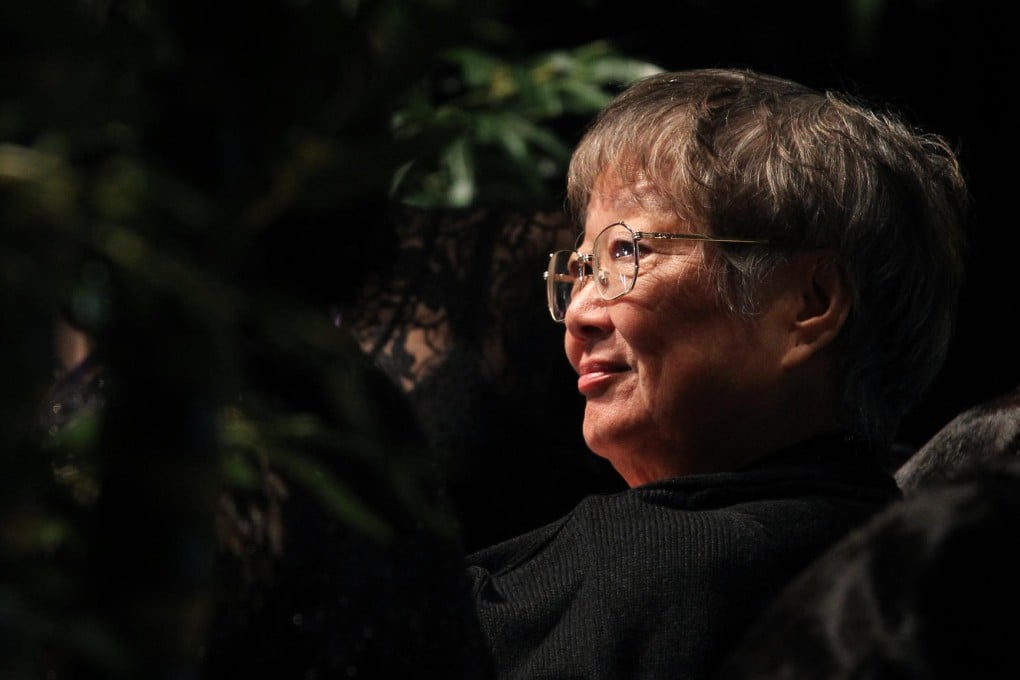Gwen Kao: a guiding light on Alzheimer's
Gwen Kao, the wife of Nobel physics laureate Charles, has spent half her married life caring for family members with Alzheimer's. She tells Linda Yeung about the foundation she established to raise awareness of the disease

It's a cruel fate for a brilliant scientist to be afflicted by a disease as debilitating as Alzheimer's. For Gwen Kao Wong May-wan, wife of Nobel physics laureate Charles Kao Kuen, the realisation that her husband was in the grips of dementia came as a great shock.
The mother of two has now spent more than half of her 55 years of married life caring for family members with the irreversible disease, which also struck her father-in-law.
The twin episodes have been trying for Kao. But she has also learned much about the little-understood condition and set up a foundation in her husband's name to spread awareness.
She was angry and upset, she says, when her husband's symptoms first appeared in the mid-2000s. "I used to get mad and yell at him," she admits. "It took me a while to learn that it doesn't work. It's like learning how to bring up a baby."
It was a tragic mental decline. In 2009, before her husband's condition became known publicly, he was jointly awarded the Nobel Prize and earned the nickname "father of fibre optics" for his work in the field.
Her husband became frustrated and angry in the early days of the disease, Kao says, and she would become irritated. "When he did silly things, like ask, 'Where is the toilet?' and couldn't find it, I'd get upset and shout at him. I really upset my daughter-in-law, who thought I was terrible to him."